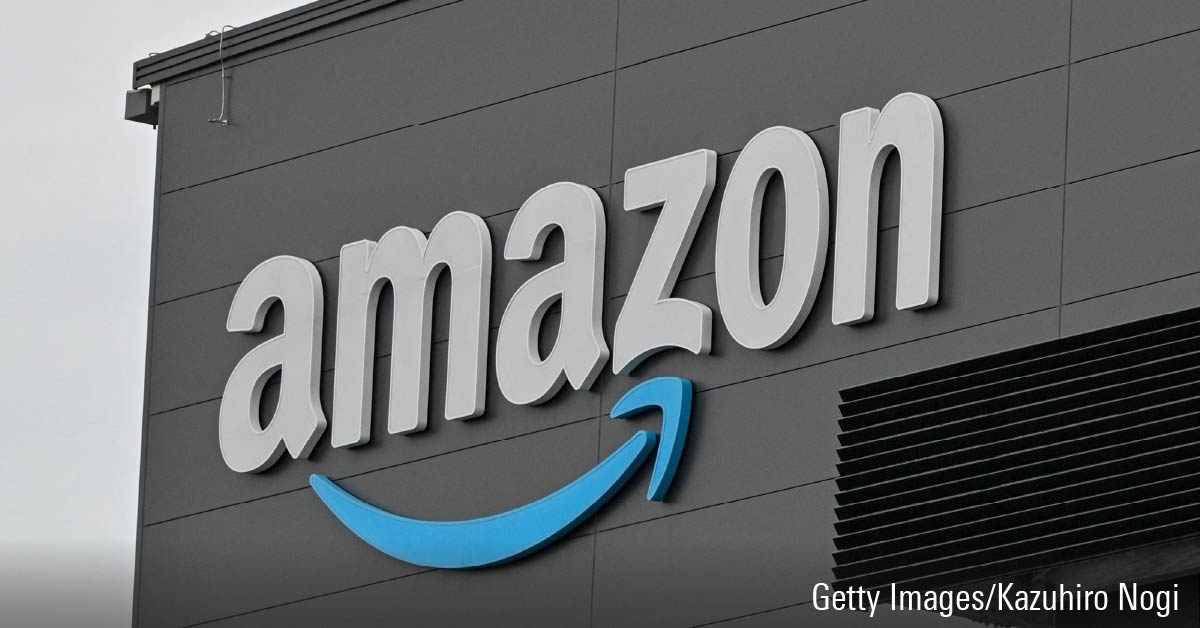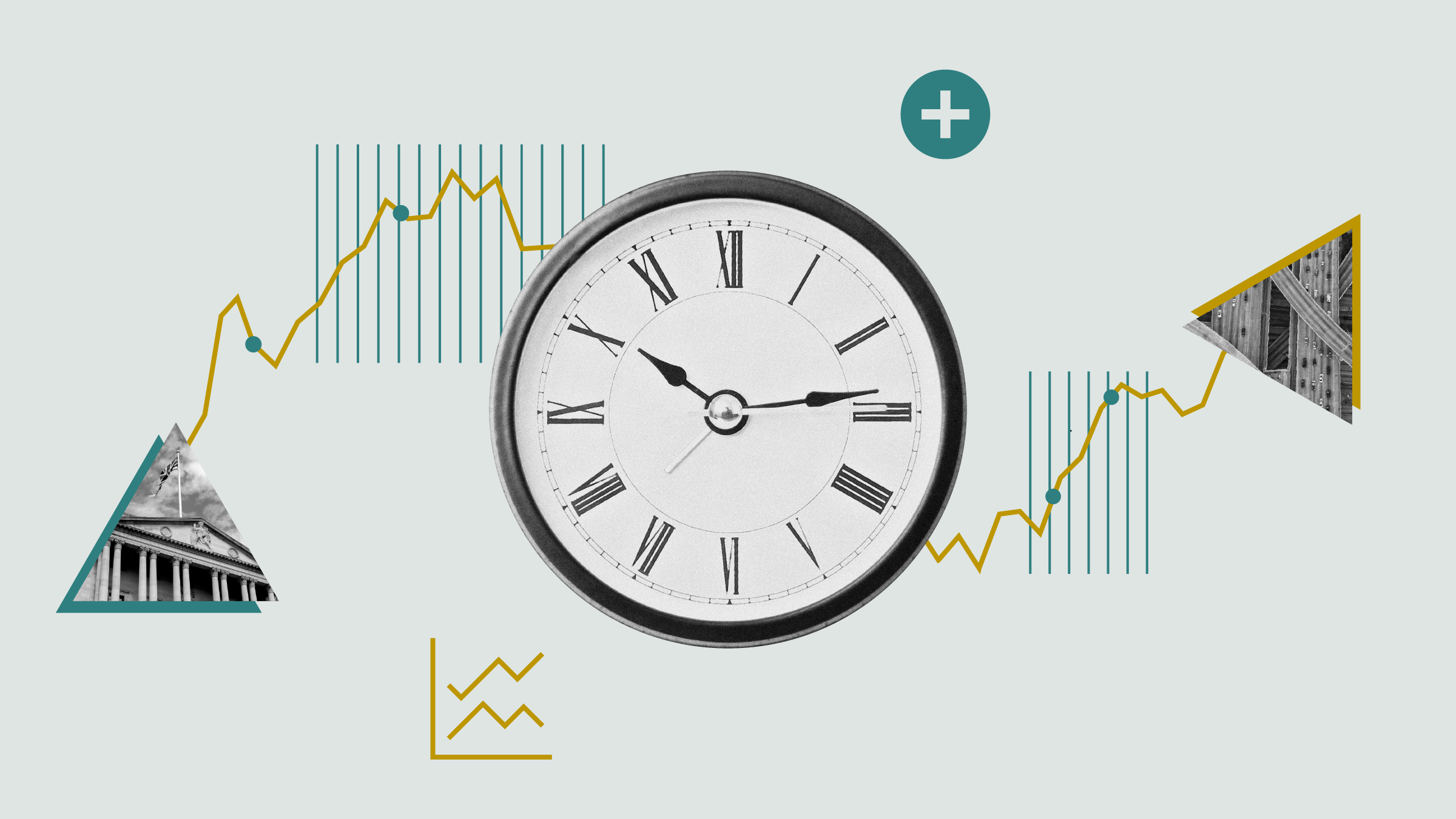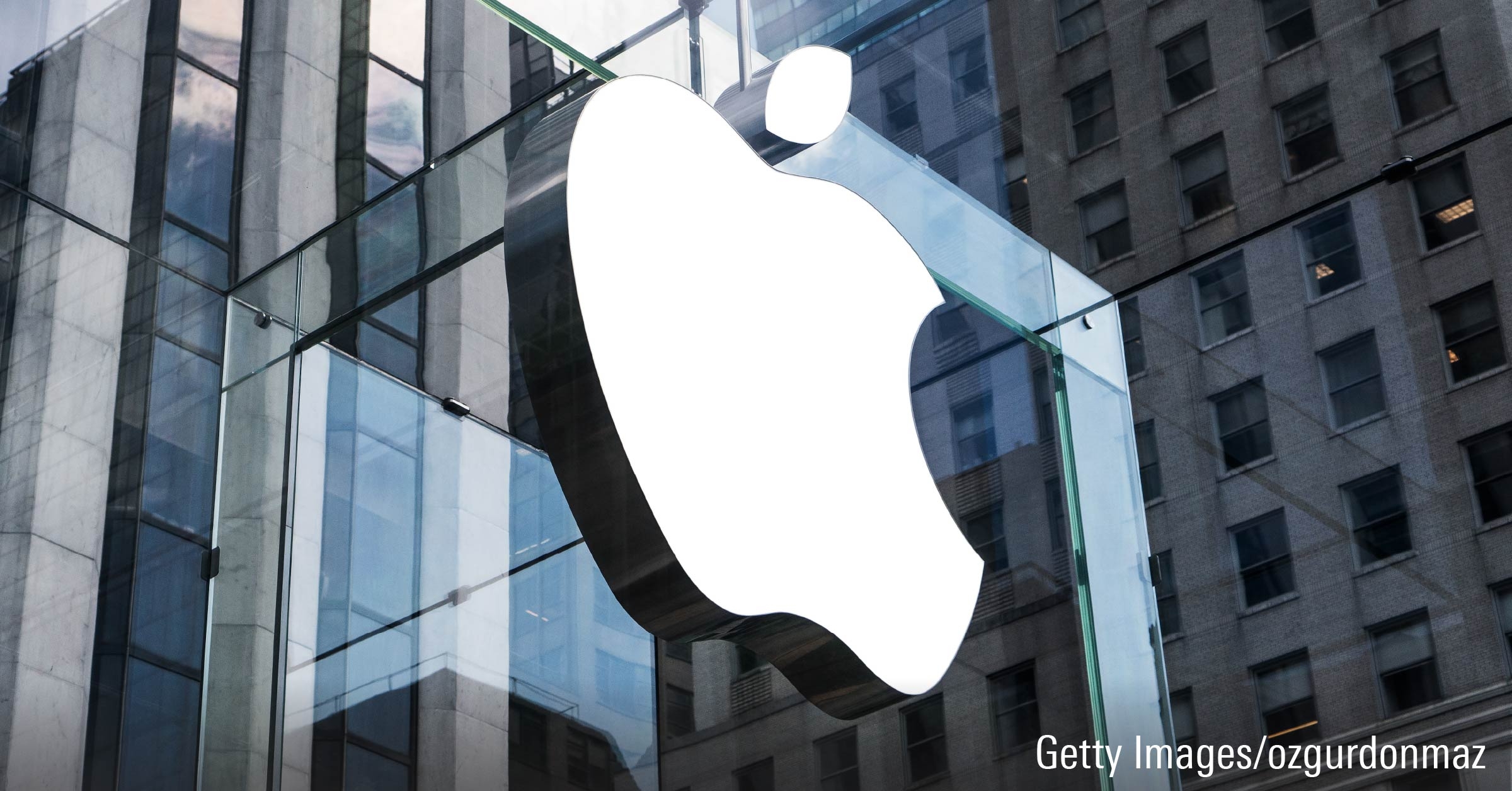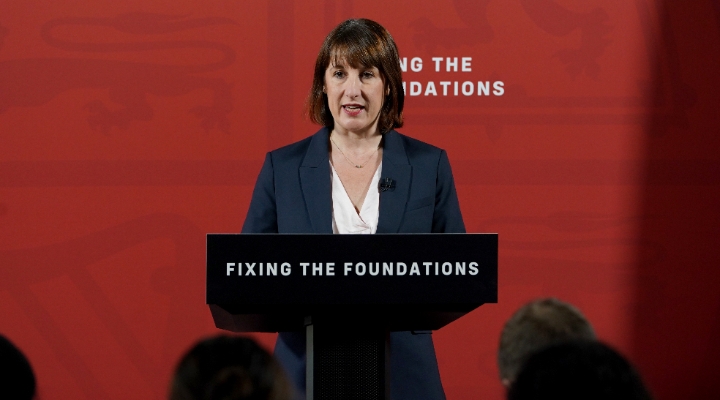Emma Wall: Hello and welcome to Morningstar. I'm Emma Wall and I'm joined today by Anna Stupnytska from Fidelity to talk about global growth.
Hello Anna.
Anna Stupnytska: Hi Emma.
Wall: So you've just spoken here at the Morningstar Investment Conference about global growth. Potentially global growth is peaking at the moment which is very different from what we are expecting in the U.S. where we've got President Trump saying he thinks he can add to GDP of the U.S. and indeed globally through his policies.
Stupnytska: We're definitely seeing evidence that the global growth has peaked. It's still positive, still at decent levels, but it's decelerating. Inflation has also peaked on the headline, because of the base effects from commodity prices. So, this reflation story that markets were excited about a few months ago has now peaked. Now moving ahead, I am not saying that growth is going to decelerate, we are going into eminent recession but we do need some kind of catalyst for reacceleration.
In this respect, yes maybe Trump's policies will be that catalyst. But firstly, I think it’s more a story for 2018. And then second do we really want fiscal stimulus coming at the wrong stage of the cycle, at the late stage of the cycle where it can potentially prove to be quite inflationary. This will make the Fed more aggressive in terms of tightening, it's not going to be good for the U.S. or for global growth.
Wall: Or for consumers, because of course if rates go up then all their loans go up too and that really squeezes the consumers, doesn’t it?
Stupnytska: Yeah actually interestingly consumers in the U.S. and U.K. as well are already facing headwinds. If you look at the U.S. consumer the real wage growth is zero or negative because wages in nominal terms have been stagnant, inflation accelerated somewhat. And at the same time the housing market which is a big support for consumer is also seeing fall in housing affordability, because house prices are back or even above the pre-crisis levels and mortgage rates are rising as well. So, the consumers globally are already feeling the pinch.
Wall: Of course, the U.S. is a big piece of the pie but it is not the entire pie. China increasingly has a huge impact on global GDP. What sort of impact is it having at the moment?
Stupnytska: Well, China worries have been out of the headlines now for a year or so. Because they stimulated the economy dramatically a year ago in terms of fiscal, in terms of monetary stimulus and suddenly all this China concerns have gone away.
Now they are back in the headlines and they are coming back very slowly, because it's obvious that that fiscal stimulus is fizzling out and the monetary policy is tightening, not just in terms of actual monetary policy indicate its invariables but also from a regulations' perspective, which is very hard to quantify, but it's tighter and you can already see some signs from the markets or some of the commodity markets showing that something is wrong in China.
I think we are going into the next stage of China slowdown. The question is how fast it's going to be, but in any case, it will affect the major markets and it will affect the global growth.
Wall: Now global growth is, of course, economics and people often say that economics and stock markets are not closely affiliated. One does not necessarily impact the other, but in one way which it does is monetary policy and we have seen an incredible amount of money flooding the market since the global recession. That started to come back now, hasn't it, which should affect stock market and people's portfolios?
Stupnytska: Definitely, I think this is the first year since the global crisis where we are going to see less liquidity pumped into the system and not more. Even last year we had more QE from the ECB, more QE from the BoE, more QE from the BoJ. This year no more QE. The Fed is tightening, the ECB is about to start tweaking forward guidance and move towards some kind of normalization of policy which is not going to be very fast I think, but they are moving in the direction.
The BoE might be tempted to get a little bit more hawkish given the economy is doing okay, so all these big central banks are moving towards the more hawkish stands, less liquidity in the system, and of course, for all the markets which have been so addicted or attached to this liquidity, it could be potentially quite a disruptive event.
Wall: Anna, thank you very much.
Stupnytska: Thank you.
Wall: This is Emma Wall for Morningstar. Thank you for watching.





























